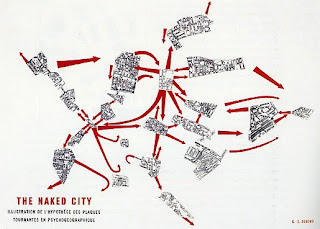If we were to compare task-time and labor-time to student life I believe we would find both. Educational programs set up curriculums and requirements and, in this realm I believe that labor-time dominates. Though most students attend schools and study in programs that they have chosen, there are always moments in which you must tolerate and complete certain things to allow you to be recognized for all of the work that you have done. One cannot get a degree based only on what want to do or learn.
My school experience is based on a leisure-time activity. Though in theory I am training for a job by attending school it is not the most economical investment. Paying for school with the intention that it will allow you to earn a living is an investment; however the realm of fine art is not the safest investetment. Being a temporary transfer student I am able to have an interesting perspective on tuitions and education. The school that I attend is a public institution that costs about 4 thousand dollars a semester and from what I understand CCA is almost four times as much. The tuition difference I believe changes some of the attitudes students have towards school. The passion to work doesn’t change and neither does the quality of the work, but I have had many conversations with people here in which the price of their education is affecting how they feel about their classes. How can a class be task time if you know it is worth a large amount of money, not to say that this doesn’t happen at mass art but the stress of money is less present when relating to school or class.
School is a comfort, it is suppose to enable us to find a place in this world and make a living doing so. Society is responsible for educating itself and keeping its people alive and healthy, education is one of society’s tools for doing so. There are so many things we are unable to enjoy under heavy stress levels. Poor working and living conditions as well as small income can lead to very a stressful quality of life in which only leisure-time can be enjoyed. The French want to retire earlier so they can enjoy more idle-time, not leisure-time, enjoying things in life for what they can be now instead of until work tomorrow. Students in England want to get the most out of their education instead of learning with the burden of dept over their shoulders. Dept is a stress that creates labor-time in the present and the fear of labor time in the future. We are in training but this training will lead to dept making us laborers, until the debt is paid.
